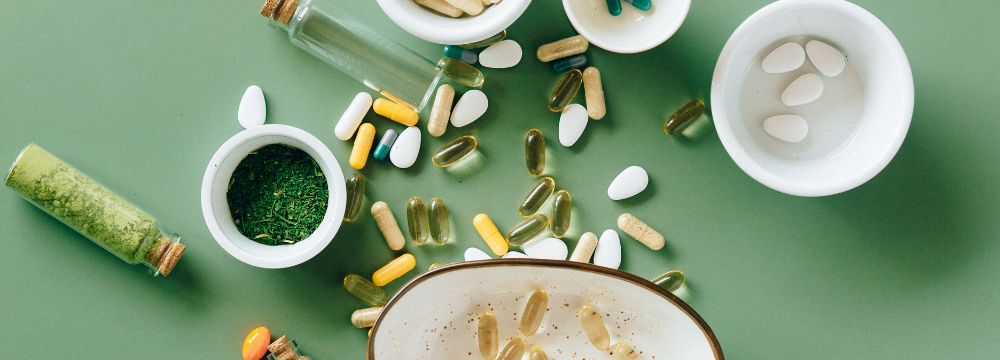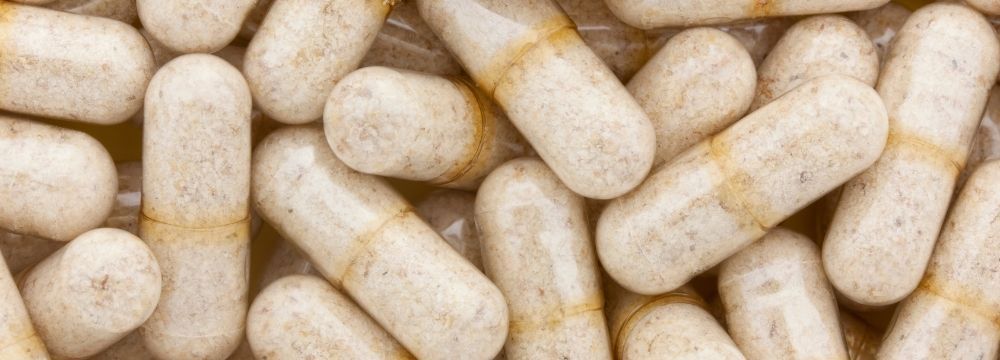Supplements
With thousands of self-proclaimed biohackers on the Internet making seemingly incessant YouTube videos about supplements and their potential benefits, deciding whether to take one can be daunting. For one, supplements are not regulated by the FDA, and therefore, the quality and purity of the item may be questionable. Second, supplements often aren’t researched as part of well-made and controlled studies, so their benefit can be anecdotal rather than based on solid science and data.
On the other hand, supplements can be essential, especially if you have a deficiency. This is not only the case for bariatric patients whose supplement regimen can be the difference between good results and ending up in the hospital, but it goes for just about anyone.
Let’s discuss the most common deficiencies and what supplements and nutrients can be taken to ensure the best possible outcome after surgery:
Protein
Protein is an essential part of the postoperative process. Our bodies require protein to heal and avoid infection. Getting protein from regular food can often be challenging, especially after bariatric surgery when the stomach is made smaller. However, protein shakes and other low-sugar protein options can often compensate for the deficit. Getting enough protein can be difficult even if you have not had bariatric surgery. Try tracking your intake with an online food tracker.
Vitamin C
This vitamin can be helpful in the recovery process in part because it assists the body in producing collagen, which can help with recovery and aesthetics of the incisions. Most patients do not have a vitamin C deficiency; little solid clinical data supports it as a recovery enhancer. However, doses up to 1000 mg daily seem relatively safe. If you feel any stomach upset or have loose stools, discontinue its use.
Probiotics
Probiotics can be a good option to take both before and after surgery as they can re-populate bacteria colonies in the gut that have been decimated by antibiotics. While antibiotics are necessary after certain procedures, they wreak havoc on intestinal flora. Again, we do not have concrete data on which probiotics are best, but if they are in the budget or if you have been taking them anyway, it could potentially be helpful.
A Note on Topical Creams
All our patients must understand that they should not use topical creams, whether for antibacterial or aesthetic purposes unless they have been explicitly told to do so by their surgeon. Even if you have the best intentions, creams can lead to complications, including infection. As always, follow your postoperative packet closely.
Supplements That Thin the Blood
Certain supplements, including popular ones like curcumin/turmeric extract, may have blood thinning effects. As such, you should stop taking the supplements before surgery and speak to your surgeon about when you can start taking them again after surgery.
The Bottom Line
Supplementation can be an important part of healthy living and healing. Ideally, you should be getting a blood test from your primary care physician at your annual exam and more often if necessary or directed. Simple blood tests can help determine if you have a deficiency and a supplementation regimen can be created to address any problems. That said, it’s most important that you follow your post-operative packet closely to avoid the most significant complications after surgery. Bariatric patients should speak to their surgeon about when to begin taking postoperative supplements.





